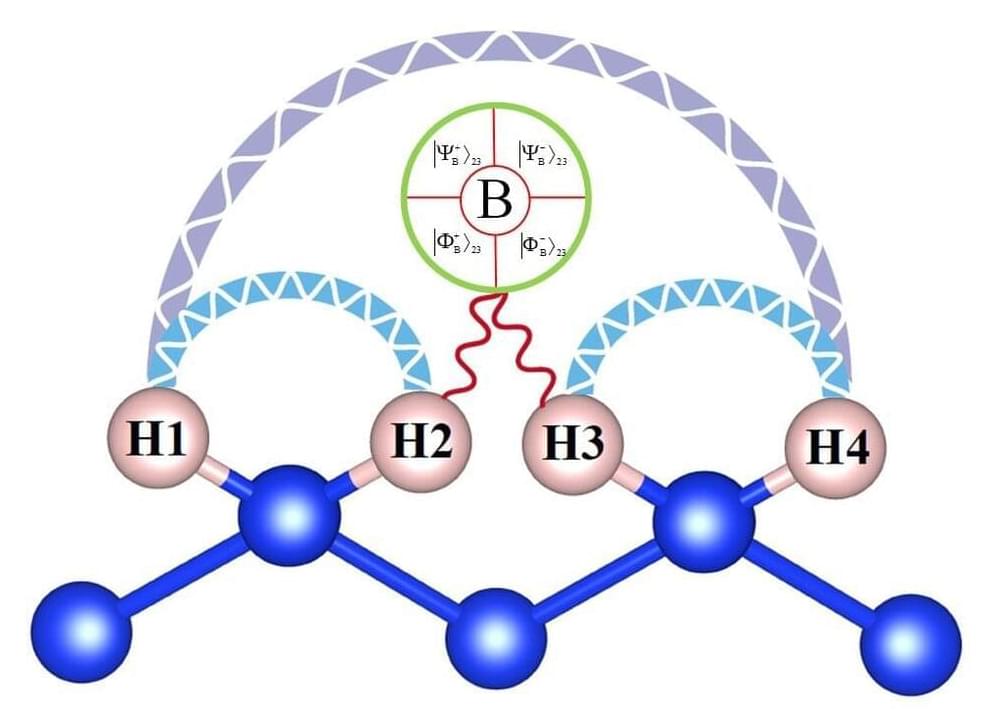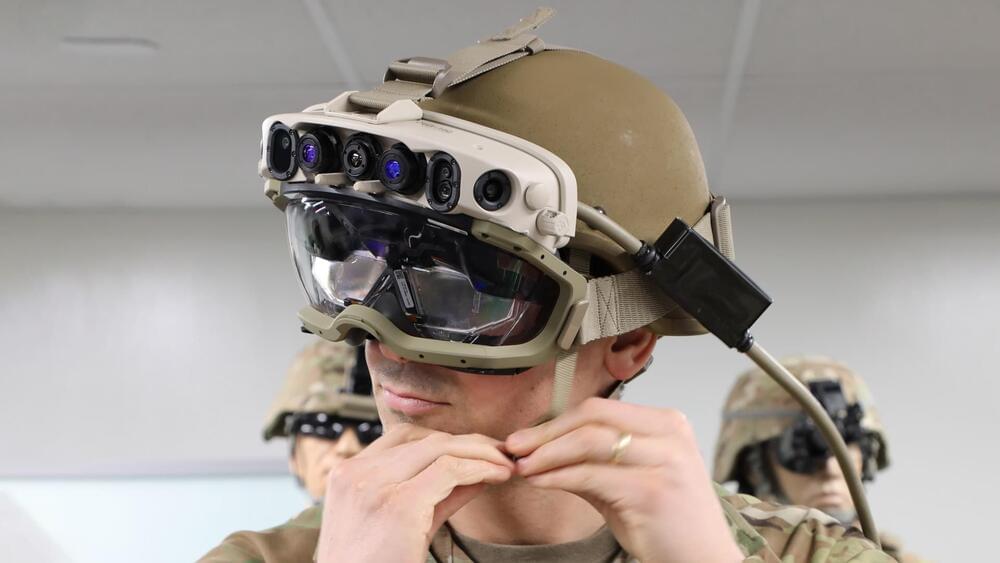For now, the acrylic table is under construction and open only to the stuffed mouse, originally a cat toy, used to help set up the cameras. The toy squeaks when Kennedy presses it. “Usually, you do a surgery to remove the squeaker” before using them to set up experiments, says Kennedy, assistant professor of neuroscience at Northwestern University in Chicago, Illinois.
The playful squeak is a startling sound in a lab that is otherwise defined by the quiet of computational modeling. Among her projects, Kennedy is expanding her work with an artificial-intelligence-driven tool called the Mouse Action Recognition System (MARS) that can automatically classify mouse social behaviors. She also uses her modeling work to study how different brain areas and cell types interact with one another, and to connect neural activity with behaviors to learn how the brain integrates sensory information. In her office on the fifth floor of Northwestern’s Ward Building in downtown Chicago, most of this work happens on computers with data, code and graphs. Quiet also prevails in a room down the hall, where Kennedy’s small group of postdoctoral researchers and technicians sit at workstations in a lab that she launched less than a year and a half ago.
Kennedy’s ability to talk about abstract concepts, with a little stuffed animal as a prop, sets her apart, her colleagues say. She is a rare theoretical neuroscientist who can translate her mathematical work into real-world experiments. “That is her gift,” says Larry Abbott, a theoretical neuroscientist at Columbia University who was Kennedy’s graduate school advisor. “She’s good at the technical stuff, but if you can’t make that reach across to the data and the experiments, a person is not going to be that effective. She’s really just great at that — finding the right mathematics to apply to the particular problem that she’s looking at.”









